PLENARY SPEAKERS
Luisa Torsi
Università degli Studi di Bari Aldo Moro, Italy
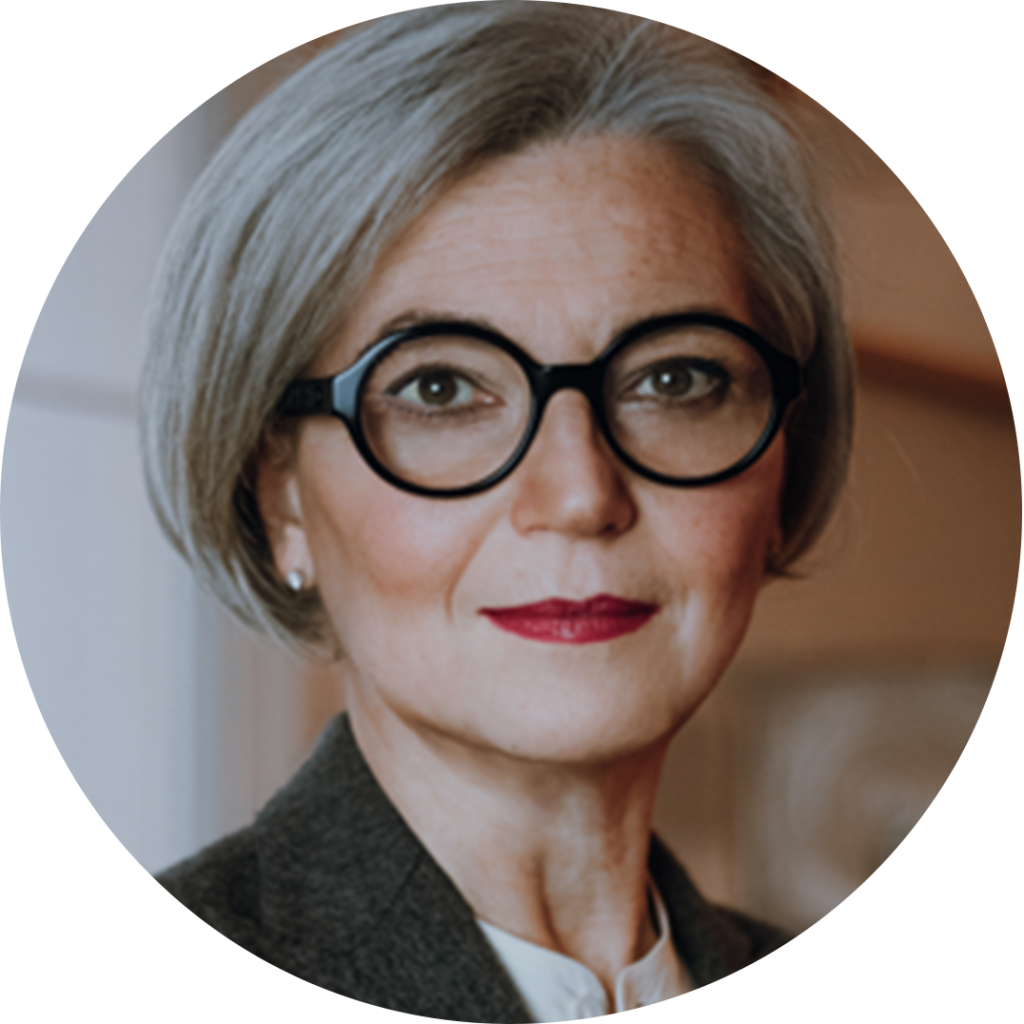
Luisa Torsi received her Laurea degree in Physics from the University of Bari in 1989 and a Ph.D. in Chemical Sciences from the same institution in 1993. She was a post-doctoral fellow at Bell Labs from 1994 to 1996. In 2005 and 2006 she was invited-professor at the University of Anger and Paris 7. Since 2005 she has been a full professor of analytical chemistry at the University of Bari and from 2017 to 2022, she has been an adjunct professor at the Abo Academy University in Finland. Since 2022 she is also president of the Regional Center on Single-Molecule Digital Assay. In 2010 she has been awarded the Heinrich Emanuel Merck prize for analytical sciences, marking the first time the award has been given to a woman. The IUPAC – International Union of Pure and Applied Chemistry awarded her with the 2019 Distinguished Women in Chemistry or Chemical Engineering. The analytical chemistry division of the European Chemical Society (EuChemS) conferred her the Robert Kellner Lecturer 2019. Prof. Luisa Torsi is also the winner of the Wilhelm Exner Medal 2021, a prize awarded since 1921 by the Austrian Industrial Association to celebrate excellence in science. The Exner Medal awardees include also more than twenty Nobel prizes. The Italian President, Sergio Mattarella invited Prof. Torsi at the Quirinale to personally congratulate her on this award. In 2023 she also received the Premio Nazionale del Presidente della Repubblica of the “Accademia Nazionale dei Lincei”. She is also member of this prestigious academy since 2023. Since 2020 she has been appointed National Representative for the Marie Skłodowska-Curie Action of Horizon Europe by the Italian Minister for Education and Research. She is also past-president of the European Material Research Society, the first woman to serve in this role. Torsi has also been elected 2017 Fellow of the Material Research Society, for pioneering work in organic (bio) electronic sensors and their use for point-of-care testing. She is also Fellow of the Royal Society of Chemistry since 2022. Presently she is serving as Vice-President of the Scientific Committee of the Italian National Research Council. She is also the President of MEDISDIH S.c.ar.l., the evolution of the Apulian Mechatronics technology district. Awarded research funding for over 40 million € comprises several European contracts as well as national and regional projects. She just finished coordinating the “Single molecule bio-electronic smart system array for clinical testing – SiMBiT” a H2020-ICT-2018-2020 research and innovation action working on liquid biopsy for pancreatic cancer early detection. She has also coordinated a “European Industrial Doctorate” Marie Curie project in collaboration with Merck and a Marie Curie ITN European network and several national PRIN projects; she was also a principal investigator in an ICT STREP proposal. Torsi has authored almost 240 ISI papers, including papers published in Science, Nature Materials, Nature Communications, PNAS, Advanced Materials, and is co-inventor of several international awarded patents. Her works gathered almost 17.000 Google scholar citations resulting in an h-index of 65. She has given over 190 invited lectures, including almost 50 plenary and keynotes contributions to international conferences. Prof. Torsi is committed to the role of model for younger women scientists. She has been giving several talks on this topic such as a TEDx talk. Prof. Torsi is one of the 100Experts (https://100esperte.it) a project led by Fondazione Bracco comprising an online databank with the names and CVs of female experts in STEM, a sector historically underrepresented by women but strategic for the economic and social development. In a recent campaign to foster the idea of gender equality in science among children, prof. Torsi was featured in a story of TOPOLINO (Italian comic digest-size series of Disney comics), as “Louise Torduck”, a successful female scientist of the Calisota valley.
Web site: https://www.uniba.it/docenti/torsi-luisa
Maurizio Prato
Department of Chemical and Pharmaceutical Sciences, University of Trieste, Italy
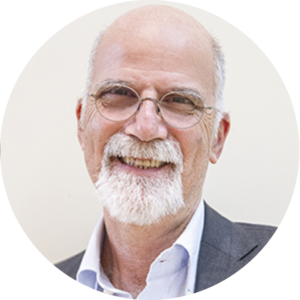
Maurizio Prato has made numerous significant scientific contributions to the field of Organic Chemistry applied to Nanosciences by enabling innovative, controlled and reproducible ways to make intractable materials, such as carbon nanotubes and graphene, useful materials for sensing, catalysis, drug delivery, as well as in neurosciences and energy-relevant technologies.
The breadth of Maurizio Prato’s activity is unique, with major contributions in nanoscience, such as:
i) The chemical functionalization of C60 fullerene and their use in photovoltaic applications: the Prato Reaction.
ii) Chemical functionalization and solubilisation of CNTs and their subsequent application in the fields of drug delivery, including gene delivery and immunology.
iii) Biocompatibilization of CNTs by designed chemical functionalization.
iv) Development of carbon nanostructures as scaffolds for neuronal growth.
v)) Design of innovative carbon nanodots for applications in bio-imaging, sensing and catalysis.
Has published more than 700 papers on international peer reviewed Journals, with a total of around 57,000 citations and an h-index of 111. Has been invited to more than 250 conferences and workshops in the last 10-15 years as a plenary or keynote speaker, and has given more than 50 invited talks in Universities or research centers all around the world. Director of more than 50 PhD students, 50 master theses, more than 40 postdocs and more than 25 visiting researchers.
Web site: https://dscf.units.it/en/node/1302
Steve Howdle
School of Chemistry, University of Nottingham, UK

Steve Howdle was born in Rotherham, South Yorkshire, England in 1964. He obtained a first degree in Chemistry from Manchester in 1986 and his PhD on “Spectroscopy in Liquefied Noble Gases”from Nottingham in 1989. Steve’s research focuses on the utilisation of supercritical carbon dioxide for polymer synthesis, polymer processing and preparation of novel polymeric materials for tissue engineering and drug delivery. He holds a chair at the School of Chemistry, University of Nottingham and prior to this held a Royal Society University Research Fellowship (1991-1999). He has received the Jerwood-Salters’ Environment Award for Green Chemistry (2001); RSC Corday – Morgan Medal and Award (2001); Royal Society – Wolfson Research Merit Award (2003); RSC Interdisciplinary Award (2005); DECHEMA-Award of the Max Buchner Research Foundation (2006) “in recognition of his outstanding contribution to the innovative use of supercritical fluids for the synthesis and processing of polymers with a wide range of applications”; and RSC/SCI Macro Group UK Medal (2008).
Web site: https://www.nottingham.ac.uk/chemistry/people/steve.howdle
Aitziber L. Cortajarena
Center for Cooperative Research in Biomaterials – CIC biomaGUNE, Spain
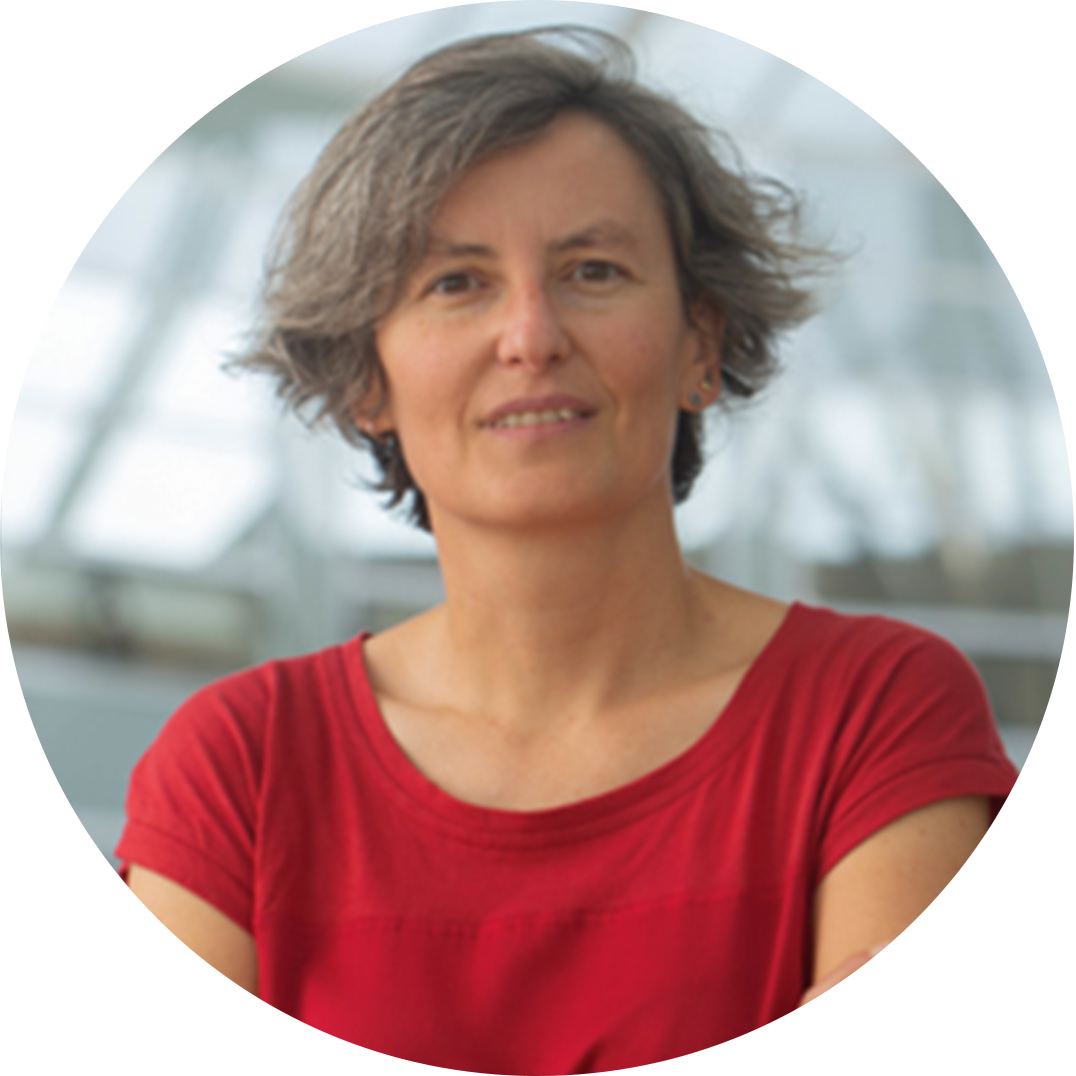
Dr. Aitziber L. Cortajarena is Ikerbasque Research Professor and Principal Investigator at CIC biomaGUNE since 2016. During 2021 she was Scientific Vice- irector of CIC biomaGUNE. Dr. Aitziber L. Cortajarena is the Scientific Director of the Center for Cooperative Research in Biomaterials – CIC biomaGUNE since 2022.
Dr. Cortajarena earned her Ph.D. in Biochemistry from the Universidad del País Vasco in 2002. Then, she worked as a Postdoctoral Fellow at Yale University (USA) on protein design, structure, and function. In 2006, she was Visiting Scientist at the Weizmann Institute, Israel. Then, continued her work at Yale University, as an Associate Research Scientist. In 2010, she joined IMDEA Nanociencia (Madrid) where she developed her independent research group on bionanotechnology, before moving to CIC biomaGUNE in 2016. In addition to leading several European projects, including an ERC Consolidator Grant and an ERC Proof of Concept, she was awarded by Ikerbasque in 2019 in recognition of her professional career as a researcher and for her scientific contributions.
Web site: https://www.cicbiomagune.es/center/about
Loïc Jierry
Université de Strasbourg, CNRS, Institut Charles Sadron, France
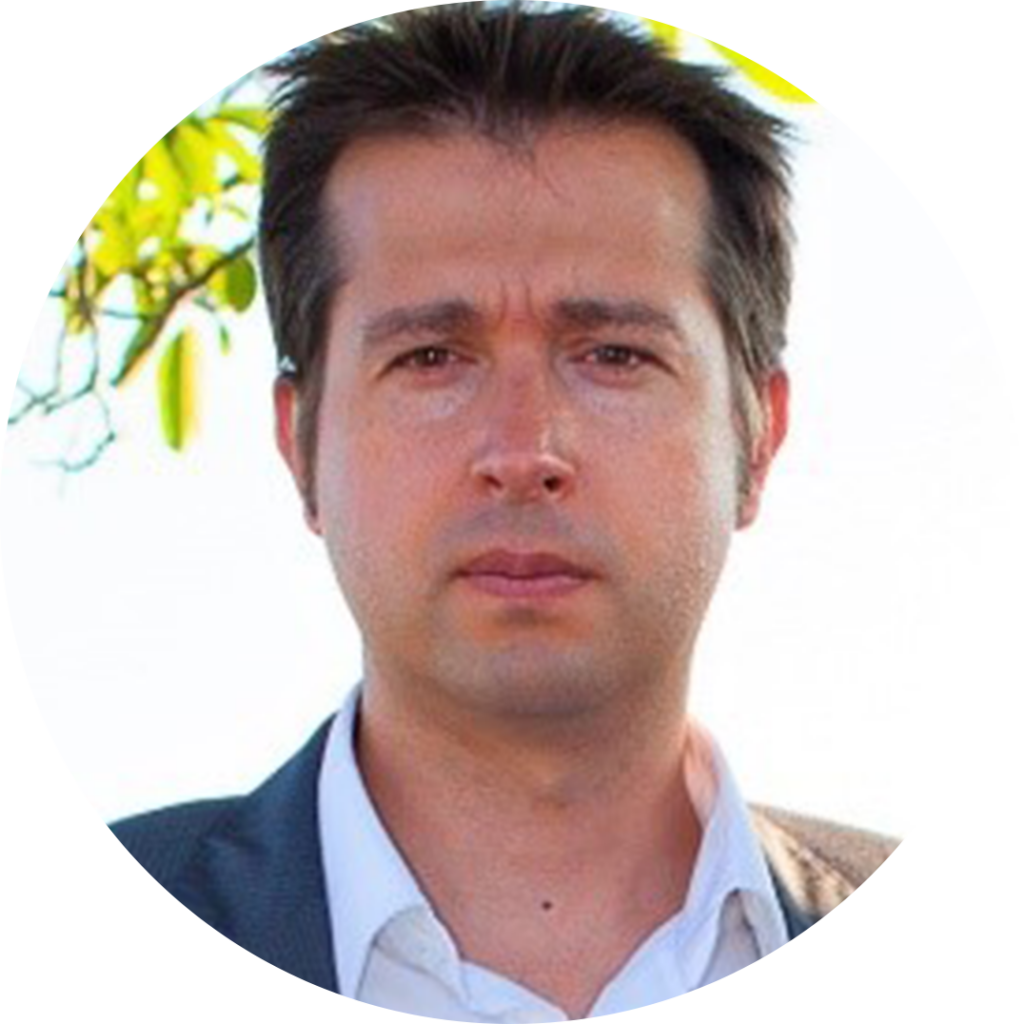
Loïc JIERRY obtained his PhD in 2003 under the supervision of Dr. Arlette SOLLADIE-CAVALLO at the University of Strasbourg in the field of asymmetric synthesis. He was a Temporary Teaching and Research Associate in the group of Prof. J.-M. LEHN in 2004-2005 at ISIS and then in the group of Dr. J.-P. DUTASTA at ENS-Lyon between 2007 and 2008. During the period 2005-2007, he was Project Leader and then Visiting Scientist respectively in the companies ALSACHIM (Illkirch-Graffenstaden, France) and MENARINI (Florence, Italy). In 2009, he was appointed Lecturer and then Full Professor in 2018 at the European Engineers School of Chemistry, Polymers and Materials (ECPM) of the University of Strasbourg. At ECPM, he is currently the responsible of “Chemistry&IA” Major. At the Charles Sadron Institute (UPR22-CNRS), his research activities focus on the microstructuring of hydrogels by reaction-diffusion processes, the design of biomaterials based on supramolecular hydrogels and peptide-based coacervates, the study of mechano-responsive elastomers, as well as the development of porous polymeric materials for applications in continuous flow catalysis and for waste water treatment.
Web site: https://www.ics-cnrs.unistra.fr/member-259-Jierry%20Lo%C3%AFc.html
Frederic Coulon
Cranfield University, UK
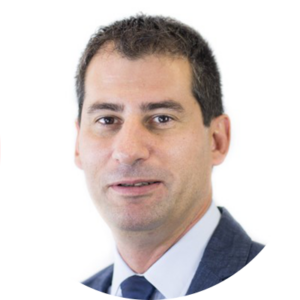
Professor Frederic Coulon holds a chair in Environmental Chemistry & Microbiology at Cranfield University (UK) and is recognised for his internationally leading contribution on water, soil and wastewater treatment, resource recovery and environment, and public communication of environmental science and engineering. His work is premised on the understanding that environmental resources are inextricably intertwined and therefore there is a need of advancing a nexus approach to enable integrated and sustainable management of water, soil and waste systems. His contribution was chosen to exemplify the influence and impact of Cranfield’s research in this field for the University’s 2014 REF Impact Case Studies, Improved bioremediation of hydrocarbon contaminated soils.
Web site: https://www.cranfield.ac.uk/people/professor-frederic-coulon-746115
Benedetta Mennucci
University of Pisa, Italy
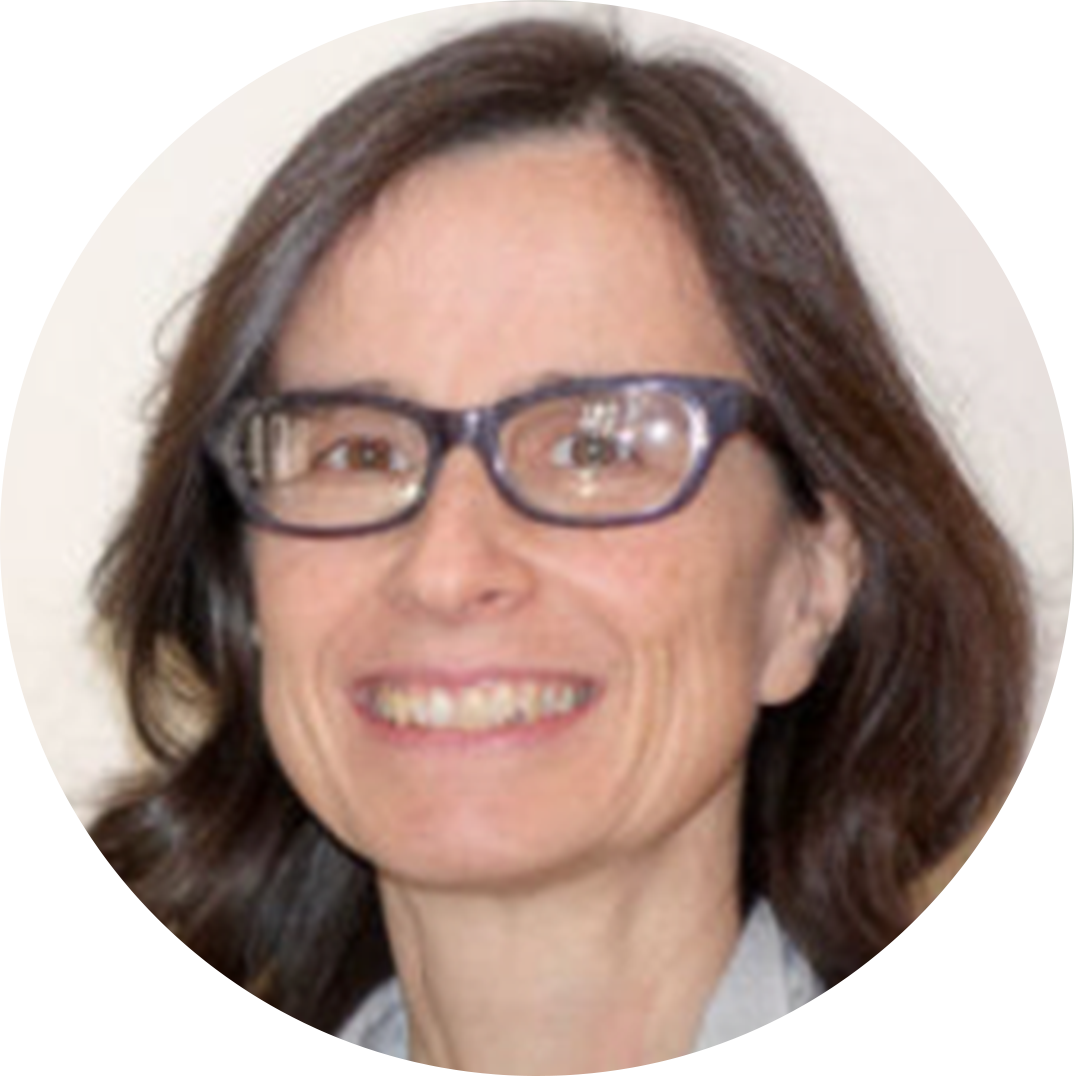
Benedetta Mennucci was awarded her Ph.D. in Chemistry from the University of Pisa in 1999, working under the supervision of Prof. Jacopo Tomasi, with a thesis entitled “Theoretical Models and Computational Applications of Molecular Phenomena Involving the Environment Effect”.
Assistant professor of Physical Chemistry at the department of Chemistry of the University of Pisa from 1998, she was appointed Associate (2002) and the Full (2012) professor at the same department. From 2010 to 2013, she served as an adjunct professor at the Center for Theoretical and Computational Chemistry of the University of Tromsø, Norway.
During the last ten years, she acted as President of the PhD School in Chemical and Material Sciences and President of the Bachelor and Master courses in Chemistry for the Department of Chemistry of the University of Pisa. In the period 2014-2016 she acted as President of the Theoretical and Computational Chemistry Division of the Italian Chemical Society.
She is member of the editorial advisory board of Chemical Reviews and the Journal of Chemical Theory and Computation (American Chemical Society) and Cell Reports Physical Chemistry (CellPress). She is Senior Editor of the Journal of Physical Chemistry Letters (American Chemical Society).
She is a member of the Board of the World Association of Theoretical and Computational Chemists (WATOC) and has been appointed a member of the International Academy of Quantum Molecular Science (IAQMS).
Her research interests focus on the modeling of complex systems and their interaction with light, with a particular focus on solvated systems and on chromophores embedded in biological macromolecules. She has been awarded numerous national and international research grants, including two grants from the European Research Council (ERC StG ENLIGHT and ERC AdG LIFETimeS).
She authored or co-authored more than 300 papers, that have been cited more than 37000 times (h-index 69). Among the papers she authored, 6 are cited more than 1000 times.
Web site: https://ricerca.dcci.unipi.it/mennucci-benedetta.html
Il Chimico sulla Tavola
Progetto di divulgazione scientifica a cura di Matteo Capone, PhD e Chiara Biagini, PhD, chimici e comunicatori scientifici
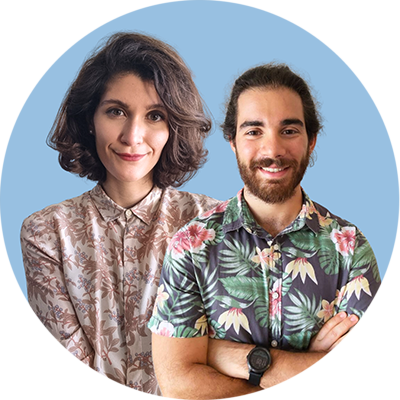
“Il Chimico sulla Tavola” is a scientific dissemination duo founded by Dr. Matteo Capone and Dr. Chiara Biagini. Matteo, PhD in Mathematical Models at Università degli Studi dell’Aquila, is a research fellow in computational biochemistry at the CNR-NANO institute of Modena; Chiara, PhD in Organic Chemistry at Sapienza University of Roma, has a specialization in communication and works in corporate sustainability.
Web site: www.ilchimicosullatavola.it
Mada Advances
Progetto di disseminazione scientifica.
Mada Advances is a scientific communication project started in 2020 by a group of young researchers with the shared goal of disseminating and explaining the latest advancements in the scientific field to a broad audience. Currently, Mada Advances is managed by Sharon Spizzichino, Carlotta Jarach, Shirley Genah, and Nicole Pavoncello.
Shirley Genah, PhD, is a molecular biologist and scientific communicator for Mada Advances. She currently holds a position as an AIRC post-doctoral researcher at Bambino Gesù Children’s Hospital in Rome.
Sharon Spizzichino, PhD, is a structural biologist, biochemist, and scientific communicator for Mada Advances. She is currently a post-doctoral researcher at the Sapienza University of Rome.
Carlotta Micaela Jarach, PhD Candidate, is a biostatistician, epidemiologist, and scientific communicator for Mada Advances. She currently holds a position as a researcher at Mario Negri Institute for Pharmaceutical Research in Milan.
Nicole Pavoncello, PhD candidate, is a neurobiologist and communicator for Mada Advances. She currently holds a position as a doctoral researcher at Technion Institute in Haifa.
Web site: https://www.madaadvances.com
